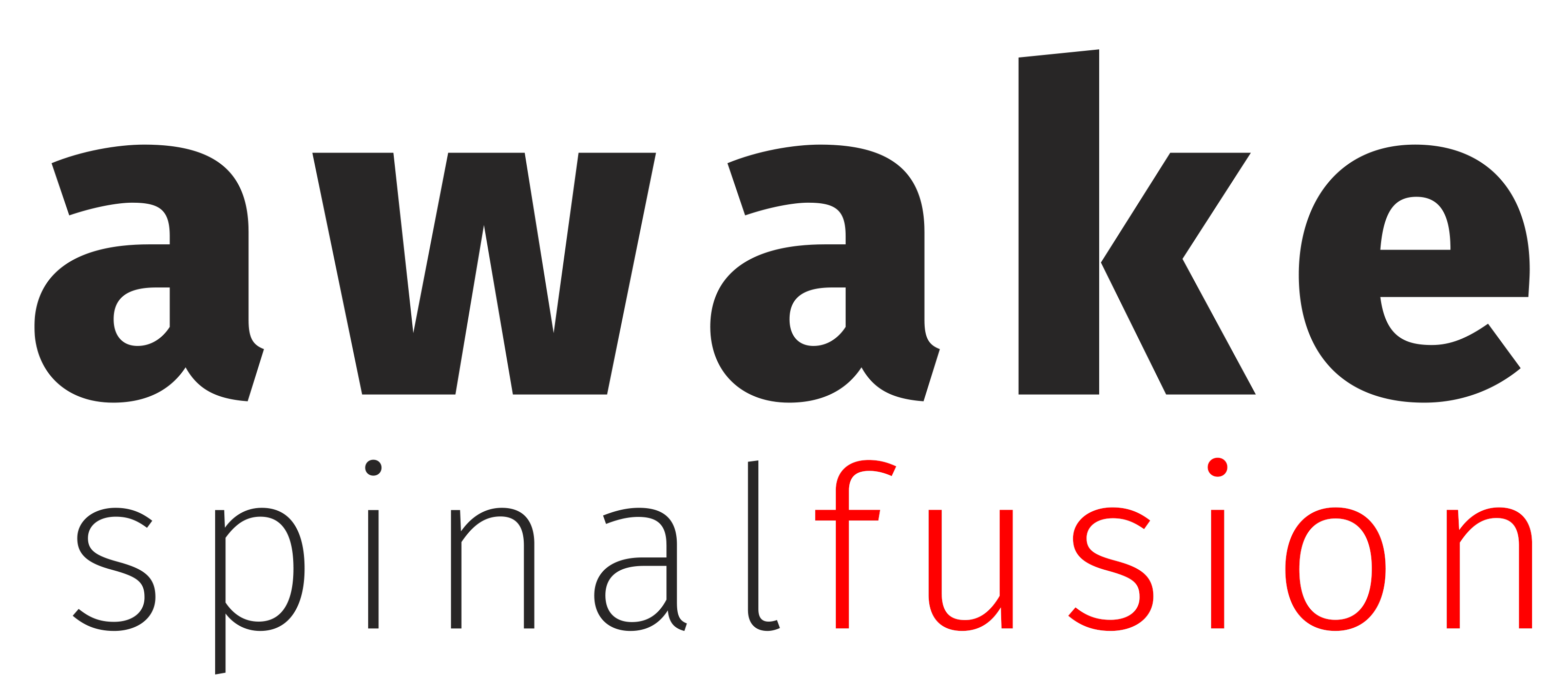
Whenever you’re back home and can eat a regular diet after having safe back surgery, you should know that consuming more high-quality foods will help your body recover faster: more calories, more protein, more vitamins, and more minerals. However, make sure those extra calories — if you consume more — are good ones.
Here are some general milestones you can expect to hit as you recover, including how you’ll feel and what you’ll be able to do (or not) within the first few days and weeks. Just know that minimally invasive “awake” spinal surgery is usually the quickest and healthiest way to have your back repaired these days, as long as your doctor recommends it.
Eat More Protein After Having Safe Back Surgery
High-protein diets are also good since protein is one of the key nutrients for healing. You should get most of your extra calories from meat, poultry, fish, eggs, tofu, and other high-quality protein foods.
A low-fat dairy product is another good source of protein, calcium, and vitamin D for bone health. Zinc is essential for fighting infection, and high-protein foods tend to also be high in zinc. As you plan your meals, keep kidney beans, lentils, chickpeas, nuts, and seeds in mind as well.
Quality Calorie Intake after Safe Back Surgery
For proper recovery after going through safe back surgery, your body needs extra calories — about twice as many as usual. Make sure your extra calories come from healthy foods like grains, legumes, and fresh fruits and vegetables. Your body needs extra vitamin C and other nutrients to heal wounds.
Infections can also be reduced by eating well-balanced meals. Infection-fighting nutrients such as vitamin C, zinc, and vitamin A help a lot. You can get vitamin C from citrus fruits, strawberries, tomatoes, greens, and cabbage. The best sources of vitamin A are carrots, potatoes, spinach, broccoli, milk, cheese, liver and eggs. You can get zinc from seafood, oysters, meat, and liver.
Keep Your Meals Small and Frequent
Eat four or six smaller, well-balanced miniature meals throughout the day instead of two or three big ones. If you increase your calorie intake, you might also find that eating this way is easier on your digestive system.
Make it easy to reach for healthy calories by stocking up on low-preparation foods before surgery. You can have fresh fruit, yogurt, instant pudding, canned tuna, canned or instant soups, shredded cheese, and instant cereals.
What’s your favorite fruit that’s not in season? Check out the frozen food aisle. These cold foods are often picked near the peak of their ripeness and frozen quickly instead of being picked prematurely and allowed to ripen during shipping. Oftentimes, this makes frozen foods more nutritious than fresh ones, depending on the food.
Additionally, know that nutrients in canned foods can be reduced during the manufacturing process, but they’re still OK to eat after going through safe back surgery.
Nutrition and Variety are Easy with Supplemental Shakes
You can boost your post-non-invasive spinal surgery diet with nutritious smoothies and shakes. Make them yourself with milk, soy milk, yogurt, or any other high-protein foods or drinks. Or you can buy them ready-made, as they are specifically designed to boost calories and protein.
Almost any ready-to-drink protein shake will supply extra calories, protein, and other essential nutrients even if it’s marketed as a weight-loss product. Alternatively, you can add high-protein powders or even instant-breakfast powders to milk.
If there are any symptoms or medical conditions stemming from other supplements you already take, talk to your doctor or dietitian before consuming shakes or smoothies to supplement your diet.
Don’t Over-Consume Vitamins or Minerals
After a safe back surgery, eating vitamins, minerals, and other dietary supplements might help promote healing if recommended by your surgeon. If you take supplements regularly, let your doctor know, and also get the doctor’s approval before adding any new ones.
Remember, food is the best source of vitamins and minerals, but your doctor might suggest supplements during recovery. You shouldn’t get caught up in thinking that taking more of a nutrient is better for you than the recommended amount. This can sometimes interfere with other supplements or medications you’re taking.
The Power of Water and Fiber
Making sure you drink plenty of water throughout the day is the first thing you need to do if your pain medication makes you constipated — assuming you even go on pain medication. However, keeping your body hydrated after minimally invasive back surgery to relieve any potential constipation and heal properly is still a great idea.
For anyone, toxins are flushed out when water and nutrients are carried to your cells. Drinking too little water can cause dehydration, which makes you feel tired and “headachey.” You shouldn’t wait until you’re thirsty to drink water. You’ll be reminded to drink water throughout the day if you keep a bottle or full glass nearby.
It’s also helpful to eat lots of fiber-rich food, such as whole grains, fruits, and vegetables. Drink prune juice or eat prunes (dried plums) for a natural laxative effect. Try adding lemon juice or lemon-squeeze to your prune juice if you don’t enjoy the flavor.
Weight Loss After Safe Back Surgery Isn’t a Good Idea
When you’re recovering from having a safe back surgery, you shouldn’t cut calories — you should increase them, as long as they are healthy calories. It’s not just your spine that heals after surgery; it’s your entire body that recovers during these post-operative days, weeks, and months.
Feeling nauseous after surgery is normal. You may lose your appetite just a little, even though your sedation was local anesthesia (not general anesthesia). But it’s not a bad sign, because this gives your gastrointestinal tract a chance to get back to normal. Being able to pass gas is a good signal that your digestive system is working properly. As you recover, your minimally invasive spine surgery doctor may have some advice regarding consuming liquids and solid foods.
If your appetite doesn’t return, you can get the nutrition and calories you need with nutrient-rich shakes and other liquids and solids. You should be able to eat normal meals when you leave your surgery. You may even get specific meal planning advice before you head home depending on your body, health, and lifestyle in general. Below, we provide a general approach to a spinal post-operation meal plan.
Your Spinal Surgeon Has All the Answers
Contact your surgeon’s office if you have questions about food or supplements after having safe back surgery. Remember: To understand more about the anatomy of your back, who gets back pain, the types of back pain, as well as symptoms and causes, you need to understand the basics of your spine and the basics of back pain altogether.
There are different types of non-invasive “awake” spinal surgeries and fusions, but every patient has different needs before and after surgery. In order to keep your health at its best, ask your doctor about the best way to manage your meal plan.
Awake Spinal Fusion is here to educate you on the basics — and so much more.






